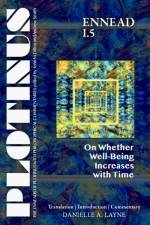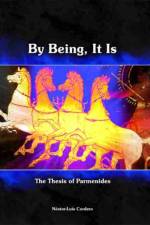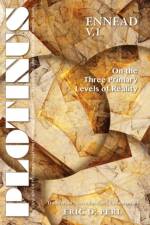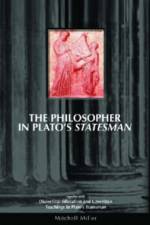- On the Three Primary Levels of Reality
av Eric D. Perl
557
"Treatise V.1 is especially noteworthy because it provides an early (#10) well-organized overview of Plotinus' system as a whole. Perl's introduction is astute and helpful; the translation is judicious in formulation and responsive to a number of critical concerns; and the commentary is packed full of historical references and analytical details helpful to any serious reader. As a scholarly production, the work never loses sight of the central philosophical and spiritual aspirations of Plotinus. Perl meets the high standards of scholarship set by others in this series on the Enneads." --Donald Blakeley, Emeritus Professor of Philosophy at California State University, Fresno, and adjunct lecturer in the Department of Philosophy at the University of Hawaii, Manoa "Perl's translation and commentary on Ennead V.1 is written with both clarity and insight. This early treatise . . . serves as a solid introduction to Plotinus, but Perl's discerning commentary also gives the specialist much to think about." --Kieran McGroarty, Senior Lecturer at the Department of Ancient Classics, Maynooth University "Perl masterfully takes us through one of the most significant Plotinian treatises, wherein Plotinus relates the three chief existences in his philosophy (the Soul, Intellect, and the One), and gives us advice on the way in which our soul should make the ascent to the One. The introduction and synopsis are incredibly helpful for both the expert and neophyte; the translation is lucid and readable; and his commentary adeptly references Platonic dialogues for those who wish to compare these philosophers' views, while also covering essential details of the Greek for non-Greek readers. Perl's excellent work will only add to this series' already venerable reputation." --David J. Yount, Professor of Philosophy at Mesa Community College, and author of Plotinus the Platonist "An elegant and precise translation of what is perhaps the best of all introductions to the Plotinian corpus, accompanied by a commentary arguing persuasively that, for Plotinus, 'metaphysics is spirituality, and spirituality metaphysics.'" --Jean-Marc Narbonne, Professor and Canada Research Chair on the Critical Heritage of Antiquity and its Modern Reception, Université Laval




